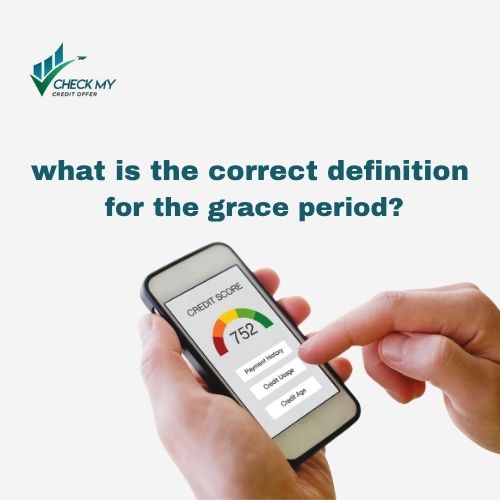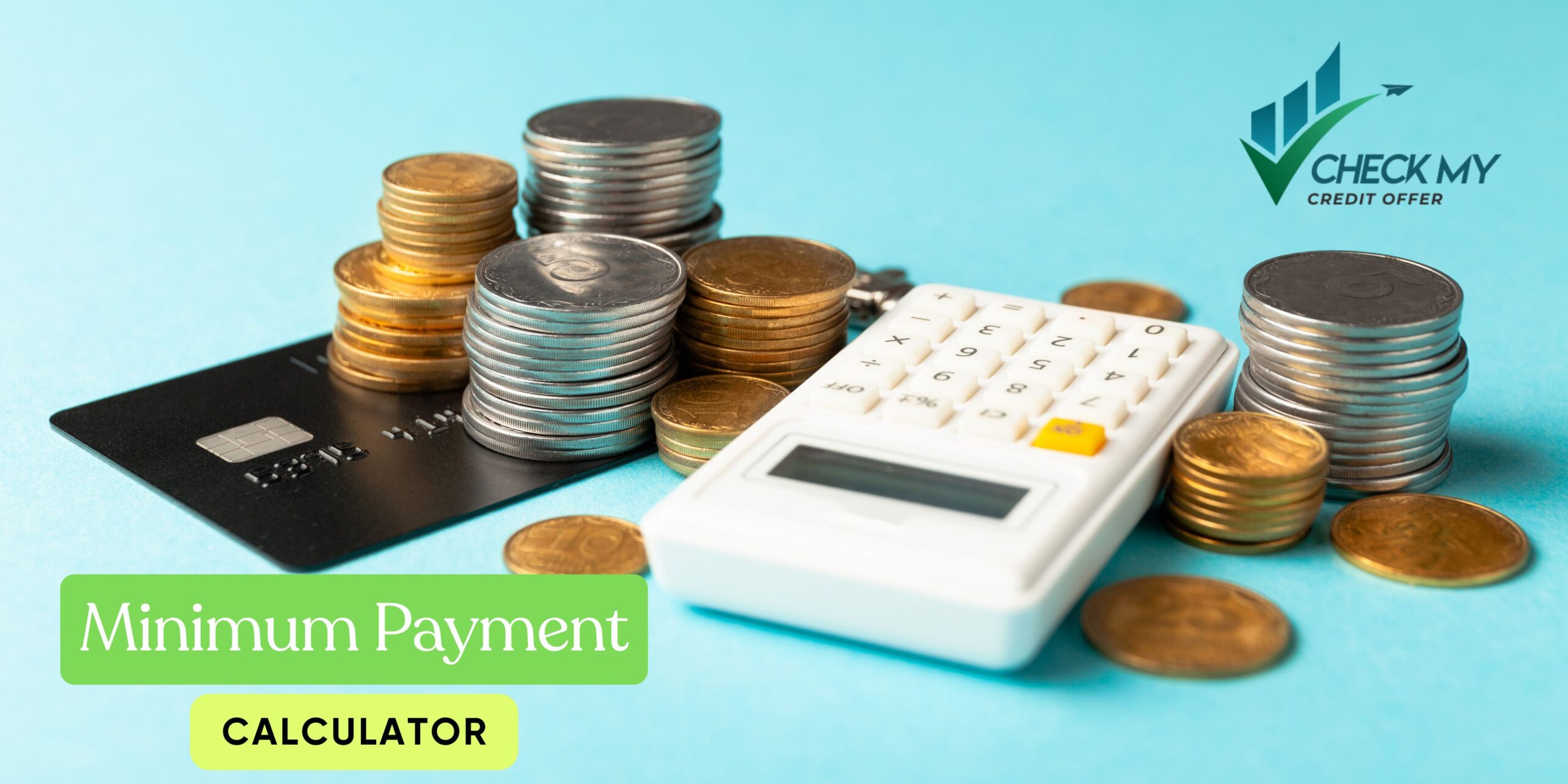Which Type of Card Impacts Your Credit History? – What Every Borrower Should Know
Not all cards affect your credit history the same way—secured and traditional credit cards typically do because they report to the major credit bureaus, while prepaid and debit cards do not.
Example: using a secured credit card responsibly (small purchases, on-time payments, low utilization) helps build your score.
Swiping your debit card pulls money from your bank account and has zero impact on credit history.
If you’ve ever asked which type of card impacts your credit history, here’s the clear breakdown.
How Credit History Works
Your credit history is the record of how you’ve handled borrowing over time—your on-time (or late) payments,
how much of your available credit you use, and how long your accounts have been open. Lenders and scoring models use it to
assess risk and calculate your score (the basics of how credit history works and credit score basics).
- Payment history: The most important factor; on-time payments build your score, late or missed payments hurt it.
- Credit utilization: How much of your revolving credit you’re using (balance ÷ limit). Keeping it under ~30% is a good target.
- Account age: Older average account age signals stability; closing old cards can shorten it.
- Credit mix: A healthy blend of accounts (credit cards, installment loans) can help slightly.
- New credit inquiries: Recent hard pulls and new accounts can cause a short-term dip in your score.
Credit Cards That Do Impact Your History
Not every card affects your credit, but most credit cards do. When used responsibly, these accounts report to the three major credit bureaus (Experian, Equifax, TransUnion) and help build—or hurt—your history.
- Secured credit cards: Ideal for building or rebuilding credit. You make a cash deposit as collateral, and the issuer reports your payments and balances to the bureaus.
- Unsecured credit cards: The most common type. Whether rewards or standard, responsible use improves your score; missed payments or maxed balances damage it.
- Store credit cards: Offered by retailers. They report just like bank cards, though they often come with higher APRs and lower limits.
Example: A borrower opens a $500 secured credit card, keeps utilization below 30%, and pays on time for 12 months—resulting in a strong, positive credit history.
Cards That Don’t Impact Your Credit History
While credit cards report to the bureaus, many other types of plastic do not affect your credit history. Using these cards won’t build or hurt your score, because they involve no borrowing and no reporting.
- Debit cards: Linked directly to your bank account. Spending is limited to the cash you have, so no borrowing = no credit history impact.
- Prepaid cards: Reloadable with your own money. Convenient for budgeting, but payments are not reported to credit bureaus, so they don’t build credit.
- Gift cards: Single-use or limited reload cards. These have zero connection to credit reporting and do not influence your score.
Bottom line: debit, prepaid, and gift cards are useful tools for spending, but they won’t help establish or grow your credit history.
Common Misconceptions About Credit History
Many borrowers are confused about which actions truly affect credit history. Here are a few myths you may have heard—and the real facts:
- Myth: “Using your debit card a lot builds credit.”
Fact: Debit card activity is never reported to credit bureaus. It won’t build or damage your credit. - Myth: “Prepaid cards help your score.”
Fact: Prepaid cards don’t involve credit or repayment history, so they have no impact on your credit profile. - Myth: “Closing a credit card doesn’t affect history.”
Fact: Closing an older card can shorten your average account age, which may lower your credit score slightly.
Understanding these misconceptions helps you focus on the credit behaviors that really move the needle—on-time payments and responsible credit card use.
Example Scenarios: How Different Cards Affect Credit History
To see how this works in practice, here are a few quick examples of how card choices and actions can impact (or fail to impact) your credit history:
- Borrower A: Relies only on a debit card → builds no credit history since debit use is not reported.
- Borrower B: Opens a secured credit card → makes on-time payments for 12 months → develops a strong positive history and sees a noticeable credit score increase.
- Borrower C: Closes an old credit card account → average account age drops → credit score takes a small dip due to shortened history.
These scenarios show why choosing the right type of card—and managing it wisely—can make or break your credit-building strategy.
Credit History FAQs
1. Do prepaid cards build credit history?
No. Prepaid cards don’t involve borrowing and typically don’t report to credit bureaus, so they don’t build credit history.
2. Does a debit card affect my credit score?
No. Debit transactions pull from your bank balance and aren’t reported to credit bureaus, so they have no impact on your score.
3. Which card is best to build credit fast?
A secured credit card (that reports to all three bureaus) is often best for quick progress—keep utilization under ~30% and pay on time every month.
4. Can closing a credit card hurt my history?
Yes. Closing an older account can reduce your average account age and may raise utilization, both of which can lower your score slightly.
Conclusion: Which Cards Really Impact Your Credit History
In summary, only credit cards—whether secured, unsecured, or store cards—impact your credit history because they report borrowing and payments to the credit bureaus.
Debit and prepaid cards do not affect your credit file at all.
Want to know which credit cards you may qualify for today? Use our free
Credit Card Pre-Approval Tool—no SSN, no signup required.
For more official guidance, visit the
CFPB – Building Credit Guide
.






